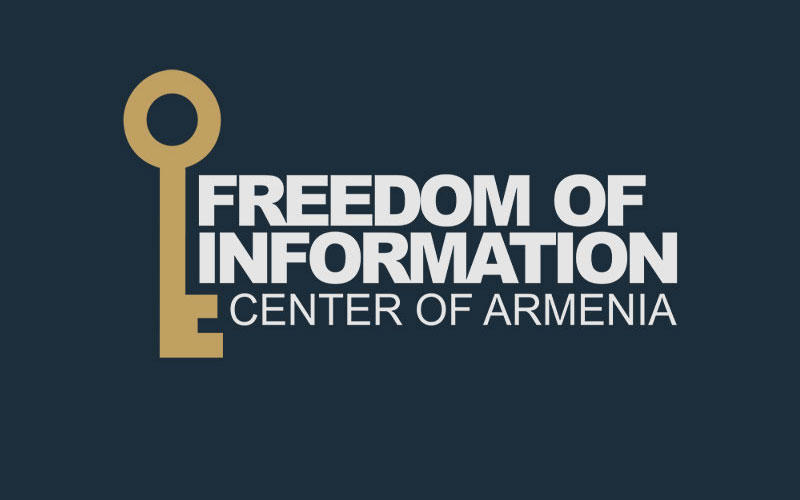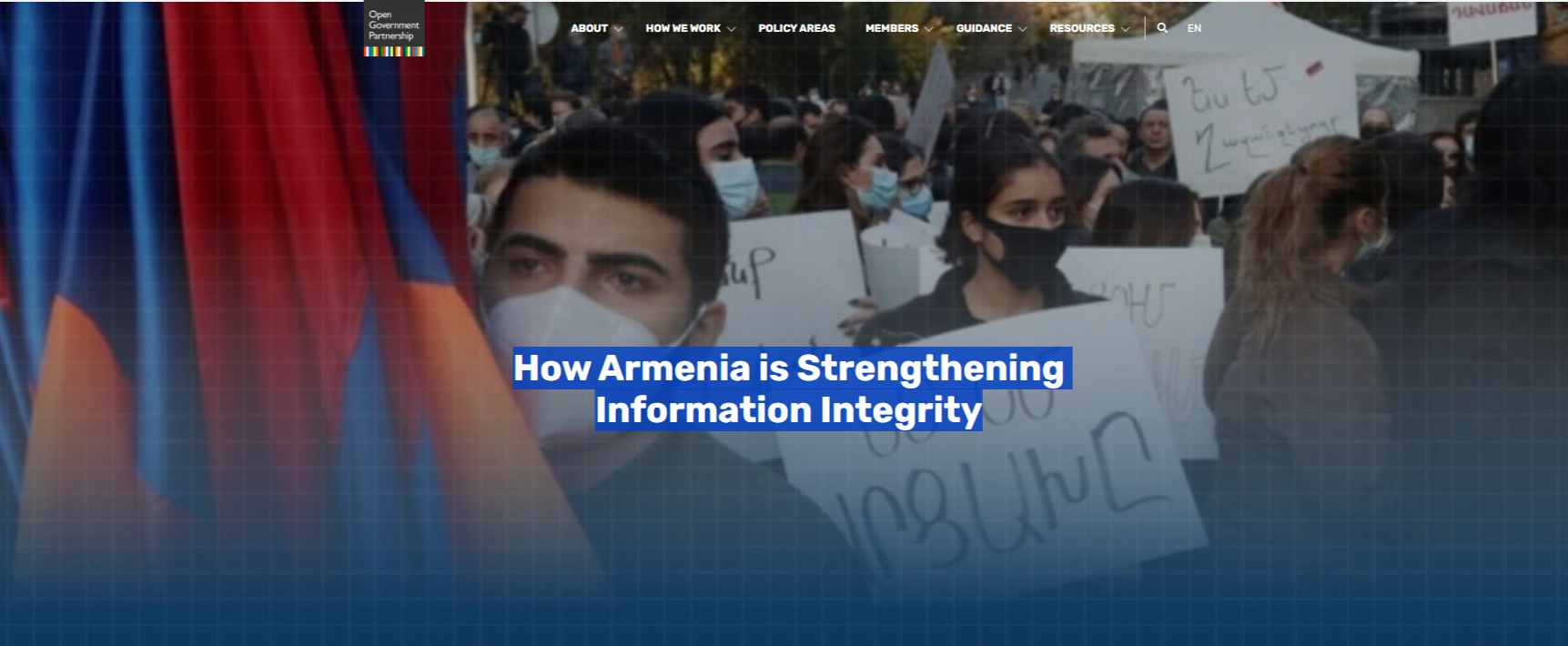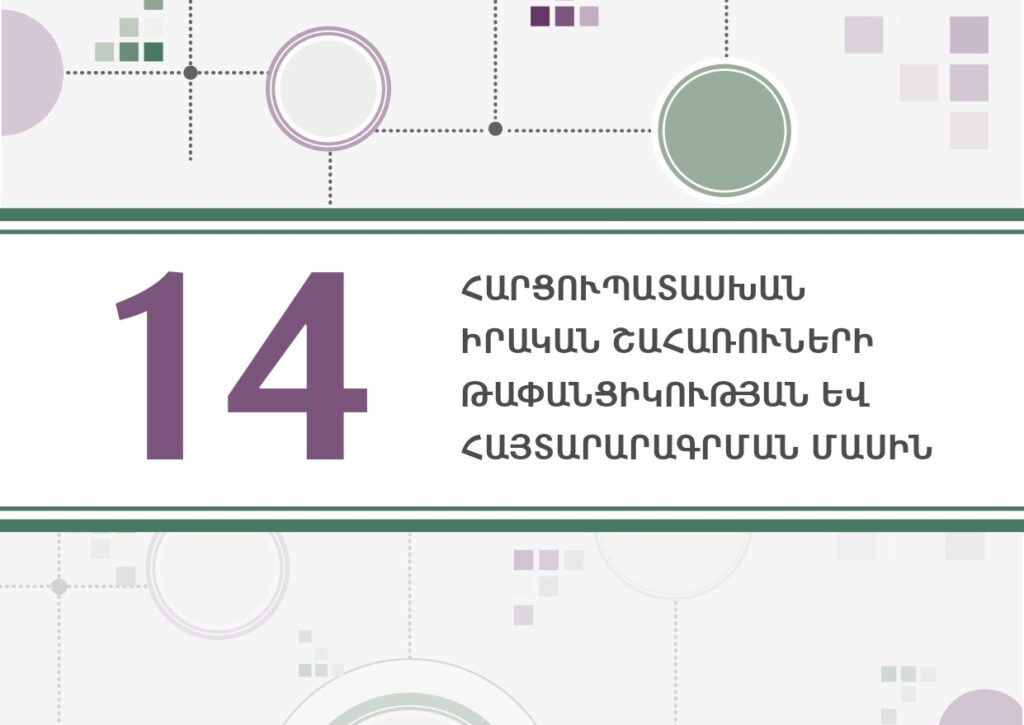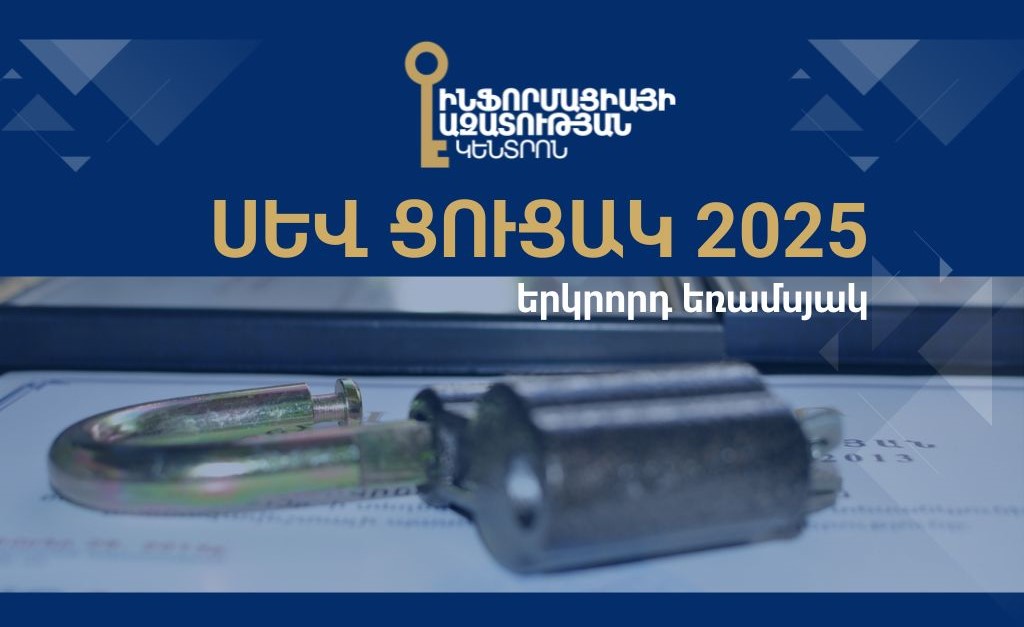The public’s attention to the country’s legislator is rather intensive. This fact is nevertheless righteous, since people want to know how the deputies elected by them work, what laws they adopt and what legislative draft laws they discuss at the country’s parliament. The principles of transparency and publicity of legislative authorities, openness before public are established by Article 69 of the RA Constitution, which reads: “The sessions/sittings of the National Assembly shall be open for the public.” The publicity of the works of the National Assembly (NA) is regulated also by the RA Law “On Rules of Procedure of the National Assembly”. The sessions of the National Assembly are open-door. Closed-door sessions can be summoned by the decision of the National Assembly. Provision of information other than an official record on the closed-door session shall be prosecuted at law. Voting shall be prohibited at any closed-door session. During a closed-door session it is prohibited to bring into the assembly hall any phototechnique, camera and video equipment, means of radio and telecommunication, as well as audio recording and data processing devices/equipment (except for the telephone installed in the assembly hall). Stenography at closed-door session shall be kept under the procedure prescribed for classified documentation (Article 43, 6). The journalists elucidating the works of the Parliament have performed their work in the National Assembly without any hindrance. However Gegham Gharibjanyan, newly appointed Chief of Staff of the National Assembly, beginning from March 2009 has started exercising some limitations in the work of parliamentary journalists. More specifically, two big monitors were put under direct supervision of Gegham Gharibjanyan, the newly appointed NA Chief of Staff, and Albert Heroyan, NA Administrator, in the two lobbies next to the assembly hall so that journalists could follow, record and shoot the sessions of the National Assembly also from the corridors. Although it is a positive step forward in making the work of journalists easier, however there is also a high risk there, since in this way journalists, especially TV reporters will be deprived of the opportunity to present to the public half-empty halls of the National Assembly, the MPs napping during the sessions or voting in the place of their colleagues. Considering the fact that cameramen cannot freely move in the NA assembly hall the public has to watch only the napes of the necks of the MPs they gave their votes during the reports elucidating the works of the National Assembly. Although this process has not yet been somehow regulated and there are not appropriate decisions in place, however the cameramen were instructed to shoot only the first 30 minutes of the session, being prohibited shooting the walks up and down the hall, etc. The rest of the session can be recorded from the monitors installed in the corridor, and televiewers have to watch the fixed shots made with video camera placed in the assembly hall. TV reporters and especially cameramen are dissatisfied with such state of affairs, “since shortage of shots during preparation of the material makes itself felt: the shots appear to be similar.” NA expert Marine Hakobyan believes that it is inadmissible, “since the rest of the world practices a model of a parliament which is open for everyone. On the other hand, to some extent it is justified since some journalists approach this or that MP during the session to arrange interviews which prevent the regular work of the Parliament.” Nevertheless, the NA expert is of opinion that it could be possible to find another solution instead of restricting/limiting the work of journalists. For instance, in Slovenian Parliament (in a country as small as ours, – A.K.) and European Parliament there are special balconies where journalists/reporters can follow the work the parliament. Actually the balconies are detached, but yet both the journalists/reporters and MPs are in the same assembly hall. None the less, all this argumentation can be justified or unjustified: it remains to wait what time will tell.











